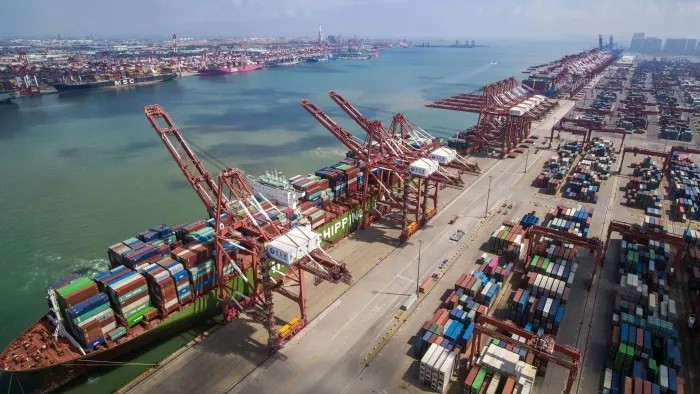Blog Detail
Why You Need Trade Finance Instruments: An Overview

Banking services have evolved a lot since the time of its inception. Whether it is a small business exporting or importing goods or it is a multinational corporation, trade finance plays a crucial role in deciding the total transaction of products. This is one of the reasons why it is of utmost importance to learn more about the functioning of trade finance.
Diminishes the Risk of Your Business
In order to leverage your business, you need to minimize the risks involved with it. The best way to do so is to opt for trade finance instruments. This can be done only when you have a trustworthy intermediary between the buyer and the seller. On one hand is the buyer or the importer who wants to ensure that he receives the shipment within the stipulated time and for this, he needs easy financing. On the other hand, there is an exporter or the seller, who looks for financing so that the delivery of the product is done on time. Trade finance helps both of them by accelerating payments with the help of the letter of credit, which is issued by the bank.
Reduces the Pressure of your Business
As a business organization in international trade, you need appropriate support that relieves your stress of payments. The trade finance instruments work as a bridge between importer and exporter to fulfill the financial gap with short-term finance. An importer doesn’t need to worry, as the products are sent only after getting verified by a trade financier and the exporter knows that he doesn’t need to worry about the payment default.
Recommended Read: How Trade Finance Reduces Global Trade Payment Risks?
Trade Finance Products and Services
Apart from the above two points, trade finance also has a variety of products and services that you may avail. There are three important things that you must know if choosing Trade Financing:
Letter of Credit -
This is a bank credit letter in which the importer\'s bank promises to the exporter that when all the shipping documents as stated by the importer’s purchase agreement is placed in front of the bank, the bank will be liable to make the payment to the exporter.
Bank Guarantee –
Here, the bank works as a guarantor for either the importer or the exporter and if anyone fails to fulfill the terms and conditions of the contract, then it's the bank's duty to pay the declared sum of money to the beneficiary. The Bank Guarantee works as a payment guarantee between local importers/exporters.
Recommended Read: What Makes Trade Finance A Better Choice Than Legacy Banks?
Forfaiting –
In exchange for cash, the exporter may sell off his accounts receivable to a forfaiter at a certain discount. This is done in the form of an agreement, where the exporter transfers to the forfaiter all the debt that he owes to the importer. The importer’s bank guarantees the receivables bought by the forfaiter.
Factoring –
Here, all the open invoices of the exporter are sold to a trade financier, also known as the factor at a discount. This way the exporter becomes free from all the risk of bad debts. On the other hand, the factor makes money when the importer makes the full payment. If you are looking for Trade Finance Services, then Trade Financing by Axios is one of the best options for you.
Recommended Read: Top Key Benefits Of Trade Finance For Importers







